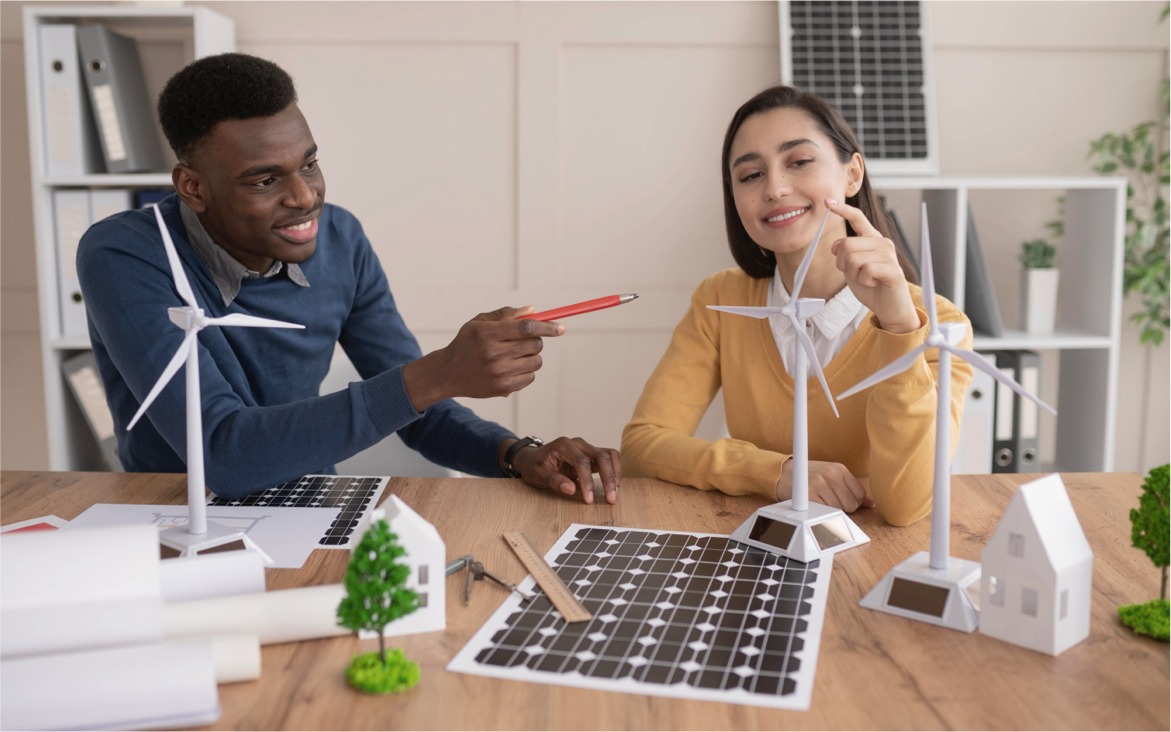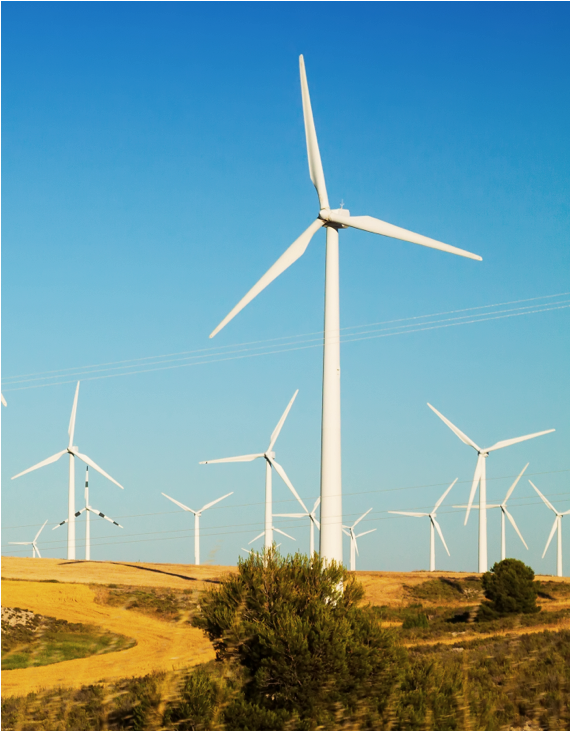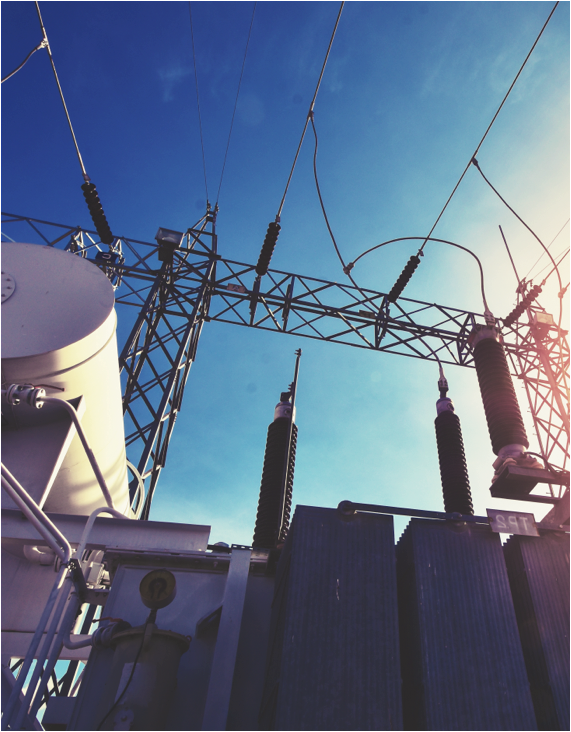In order to reach the ambitious challenges of the European Union’s Green Deal and the Paris Agreement to make Europe the first carbon neutral continent by 2050 while also driving innovation and job growth, swift action is needed involving a broad range of actors.

Within this wider challenge of energy transition and climate neutrality, the concept of energy citizenship aligns with each of the EU’s four strategic objectives (decarbonising buildings, renewables uptake, energy storage, and sustainable mobility).
It encompasses the underlying need for the sustainable energy transition to be citizen-centric, with contributions in technology uptake, energy efficiency, innovation, digitalisation, storage/flexibility, renewable generation, equity, and social innovation being provided by the citizens.
DIALOGUES central methodological pillar is grounded in tested inter and transdisciplinary techniques, with a spotlight on open innovation and co-design of the research process through novel Citizen Action Lab in 8 countries




Therefore, DIALOGUES will support the objectives of the Energy Union with operational research on the overarching topic of ‘energy citizenship’ that enables citizens’ central role in the uptake of low-carbon energy solutions and links all four strategic priorities:

decarbonising buildings

renewables uptakes

energy storage

sustainable mobility
To reach this global objective, the practical objective of DIALOGUES is to operationalise, contextualize, measure, and support the framework environments, policies and institutions that allow deep, inclusive energy citizenship to emerge.
how?

by operationalising the concept of energy citizenship
DIALOGUES will render it practical for planning policies, planning interactions between the public and the energy system, and for understanding general trends of citizen participation in energy topics.
how?

by investigating broad trends in citizen engagement with the sustainable energy transition
DIALOGUES will understand the broader trends in energy as they become salient topics in citizens’ lives, how the adoption of different energy-related actions and perceptions are related to each other (within and between individuals) and to the prevailing regulatory and policy framework.
how?

by co-creating and sharing ownership of the engagement process
DIALOGUES will foster the direct participation of and dialogue between citizens, policy makers, public authorities, municipalities, consumer organizations, and NGOs, leveraging these partnerships in order to abate the disruptive process of change and foster inclusivity and shared ownership of the energy transition.